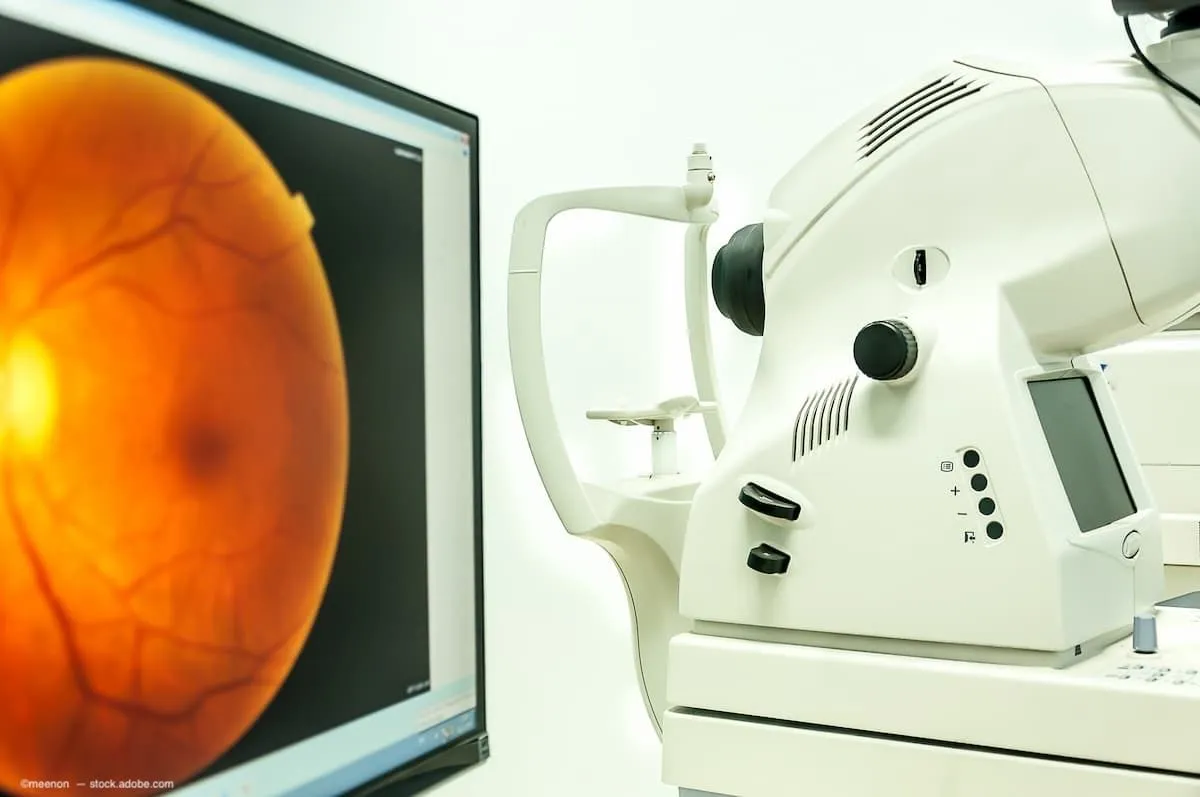Ophthalmology Times: SEEN Program Focuses on Social Determinants of Health in Diabetic Retinopathy Prevention

Engaging Communities for Better Eye Health
The Sight-Saving Engagement and Evaluation in New Haven (SEEN) Program focuses on combating the rising incidence of diabetic retinopathy (DR) through community-based solutions targeting social determinants of health. This program was presented by Kristen Harris Nwanyanwu, MD, MBA, MHS, at the 57th annual meeting of the Retina Society in Lisbon.
Identifying High-Risk Individuals
The SEEN Program utilizes the Yale New Haven Health electronic health record to identify adults with diabetes who are at high risk for blindness. Focusing on those who haven't undergone eye examinations in the past year, researchers apply the SEEN risk calculator, considering factors like glycemic control and various systemic co-morbidities.
- Lasting eye health requires awareness and action.
- Dr. Nwanyanwu emphasizes the importance of recruiting individuals who exhibit significant health risks.
- Participants undergo comprehensive eye exams and engage with community resources.
Program Impact and Statistics
Out of 35 recruited participants, demographics indicated a substantial presence of adverse social determinants affecting their health outcomes. Over 70% of participants with diabetic retinopathy had previously unidentified adverse conditions. The mean risk for progression to diabetic retinopathy reached 27% over five years, reinforcing the program's ability to discern critical health issues.
Conclusion
Dr. Nwanyanwu concludes, “The SEEN Program identifies and engages those at high risk for diabetic retinopathy, drawing attention to the necessity of addressing adverse social determinants of health.”
This article was prepared using information from open sources in accordance with the principles of Ethical Policy. The editorial team is not responsible for absolute accuracy, as it relies on data from the sources referenced.